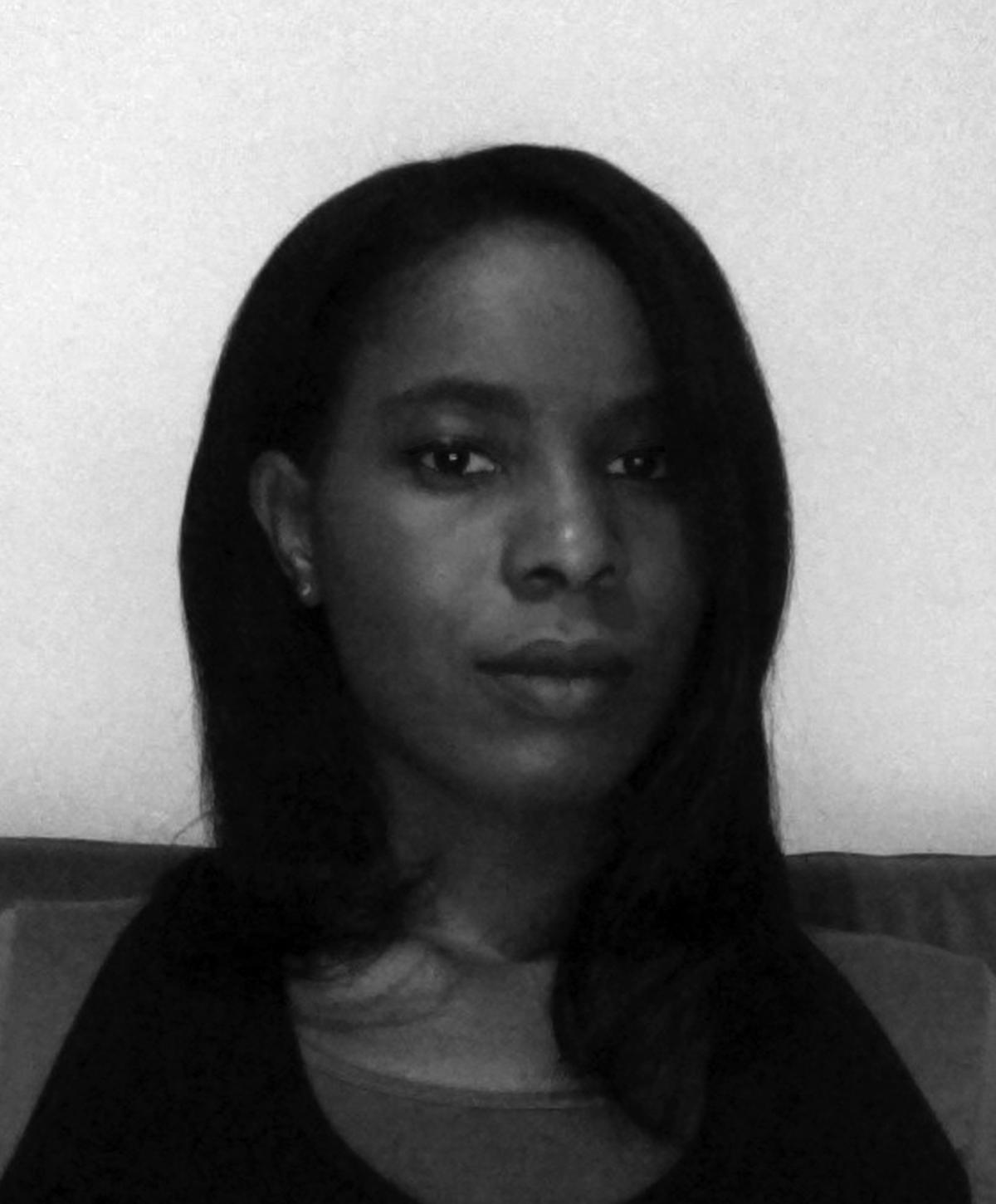
What have you been doing today?
As an Inclusive Designer, Researcher and Maker working at the intersections of Design, culture, education and Heritage, I have been mainly reflecting on my practice during lockdown for an Inspire the Mind article. The article is now finished and I am now answering questions about a day in my life.
Is that a typical day for you?
A typical day for me is the fact there is no such thing (for me at least). Days can range from turbo-charged crafting session, to Makaton-fuelled sensory stories, to coding Raspberry Pis for digital interactions and engagements to writing a research paper. I’m based in London; pre-lockdown there are several places I work from, including my studio at Somerset House (studio 48).
My work is broad and varied. I recall a Ted Talk by Emilie Wapnick on the term she coined – ‘multipotentialite’. This comes close to explaining my interests, skill-set and approach. I am passionate as to how we find approaches to new ideas enabling horizontal approaches and engagements to be of service to all within society and coin what underpins my approaches and methods as a ‘force of nurture’. I work on various transdisciplinary intersectional projects, ranging from collaborations to individual work; this enables me to harness what I call practice-based transcendence, I have found that learning the different ‘languages’ of each group. What I mean by that is being versed in cultural, social, neuro, economic and discipline-based constructs/ communication methods provides a better position to share information, work and collaborate in ways that are meaningful and constructive.
When did you start working with culture, health and wellbeing, and how?
My fervent interest in my fields was ignited during my undergrad and led to the turbo-charging of my extra-curricular engagements and eventually utilising my creative and advocacy skills through working on a nationwide project that focused on civic action and engagement with young people and exploring what ‘ingredients’ were needed for those like myself, with intersectional marginalised identities to flourish and make a positive contribution to their communities (inclusive of the challenges and triumphs connected to the lived experience) - I haven’t looked back since.
I come from a humble background and recall someone advising how lucky I was to secure a particular role early in my career; however, then and now I have found that hard work, preparation, strategic focus, being solution focused and investing in continual professional development is far more useful and impactful. Coming from a stand point of ‘difference’ I have found through the course of my journey, a core team or support system is essential this can be formed of close family and friends, professional sponsors (a person who formally/informally takes you under their wing at work), a formal or informal mentor and/or any type of interaction that helps to fortify internal resources such as mindfulness, as unpacking social norms and the complexities that come along with it can be tiring.
What was the last project you came across that inspired you?
I believe daily inspiration points are necessary; as despite being extremely passionate about what I do, I have encountered challenges when my intersectional identities collide with normative constructs. I feel it’s essential to ensure that inspiration is incorporated daily through my networks, along with my own self-care survival kit (internal and external resources) which helps me better navigate challenging environments and situations; due to the nature of my work in various fields and my non typical lens (way of being, processing and experiencing the world), I believe working within these physical and more so digital spaces since lock down began contributes to tangible change; although this can be challenging at times, it is still needed.
That said, the project that inspired me was not the last project I have encountered; it was however, the most memorable. Before lockdown ever existed, I saw a group of neurodivergents perform an interactive, multi-modal, sound-based performance in the form of an augmentative, alternative communication ‘anthem’ - with various access points for the audience, allowing all present to be involved; it left me thinking, ‘wow, why aren’t all performances like this?!’
Biography
Natasha's recent work SUBSET / RESET was specially commissioned by Somerset House as Part of Hyper Functional, Ultra Healthy: Link to film and further information here
Natasha is an Inclusive Designer, Researcher and Maker whose work focuses on mental difference and neurodiversity as a way to foster new conversations and new approaches to the world around us. Her work examines different ways of experiencing and processing the world – from people with hidden disabilities and neurodivergent communities such as dyspraxic and autistic persons, through to people living with dementia; she also works with neurotypical people.
Natasha studied Information Experience Design (IED) at the Royal College of Art and has a Masters degree in IED, with a background in Graphic design and Inclusive Design. She is also a special educational needs/disability practitioner working with disabled children and young people. She has exhibited widely, creating sensory workshops and exhibits at cultural institutions and organisations including The Victoria and Albert Museum, The London Design Biennale at Somerset House, the National Portrait Gallery and Tate Britain. She is also one of the Shaw Trusts Power list top 100 influential disabled/impaired people in the UK; in addition to this she currently sits on Wellcome Collection's Inclusive Practices advisory panel.
